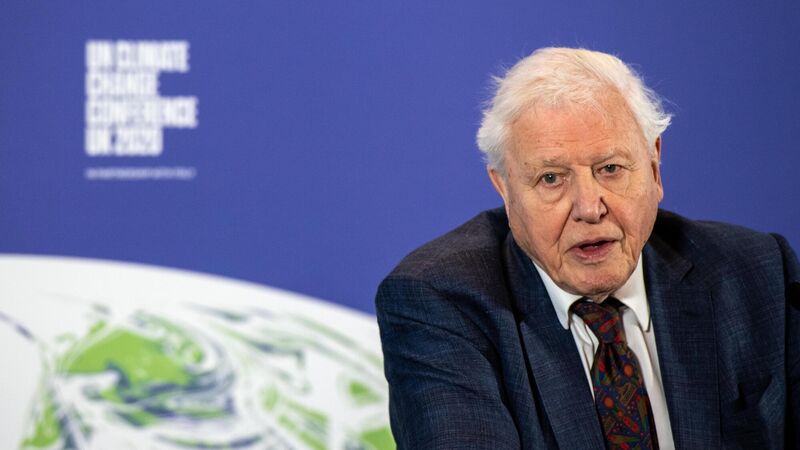David Attenborough: 'If you lose that joy in the natural world, you've lost a huge treasure'

David Attenborough: the first guest on a new podcast about our role in averting climate disaster
It's a sobering thought - the fact that climate experts and scientists agree that we have a little over eight years to take action and reverse the immediate impact of the ongoing climate crisis. You could be forgiven for simply surrendering to the sheer scale of the issue, and trying not to think about it.
But a new podcast, the World Wildlife Fund's 'Call of the Wild', seeks to lay out the small and simple everyday steps that people can take to play their part in averting climate disaster, talking with experts and people at the centre of the struggle for conservation.




